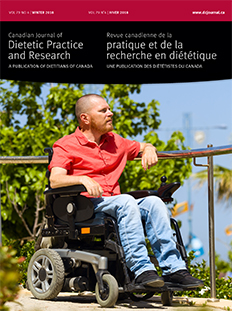Young adulthood represents an important lifestyle transition, including greater independence and making decisions that can impact eating patterns and health status over the long term. In the past decade, minimal research has investigated young adults’ food choice motives, which enable and prevent healthy eating [
1]. The leading barriers to healthy eating identified by young adults include: gender (male)-based apathy towards diet and health; unhealthy peer and family influences; lower costs, widespread availability, and preferred taste of unhealthy foods; and lack of time and skills to plan, shop, prepare, and cook healthy foods. The decline in home food consumption and time spent preparing foods has been partly attributed to a generational shift whereby these skills are not role modelled at home or learned elsewhere.
Vanderlee et al. examined young Canadian adults engagement in grocery shopping and dinner preparation and identified individual characteristics associated with these behaviours. In this cross-sectional study of 16–24 year olds from across Canada, 37% of participants had helped with grocery shopping in the past week and only 11% reported helping with dinner preparation daily. Older age groups (i.e., 22–24 years old), females, and those with higher reported nutrition knowledge had higher engagement in grocery shopping and dinner preparation, although rates were still low. Overall, consumption of vegetables and fruits was low, and meals were frequently eaten away from home; however, greater dinner preparation was associated with healthier eating patterns.
Food skills programs have the potential to improve diet quality, but intervention studies in young adults are in early stages and lack external validity [
2]. A pre- and postcourse survey in undergraduate students examined the impact of an “Understanding Foods” course that included hands-on practices of food safety and preparation (
Bertrand et al.). Results showed that students reported improved confidence in food skills; however, little difference was reported in students’ food preparation habits. Dietitians have an opportunity to be involved in future work to develop valid and reliable food skills measurement tools and to incorporate results to enable healthier food environments for young adults.





